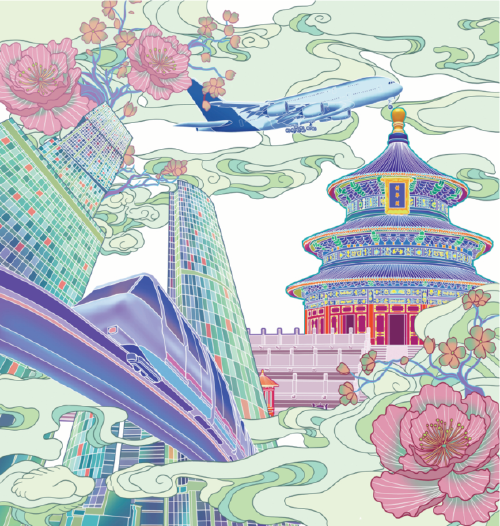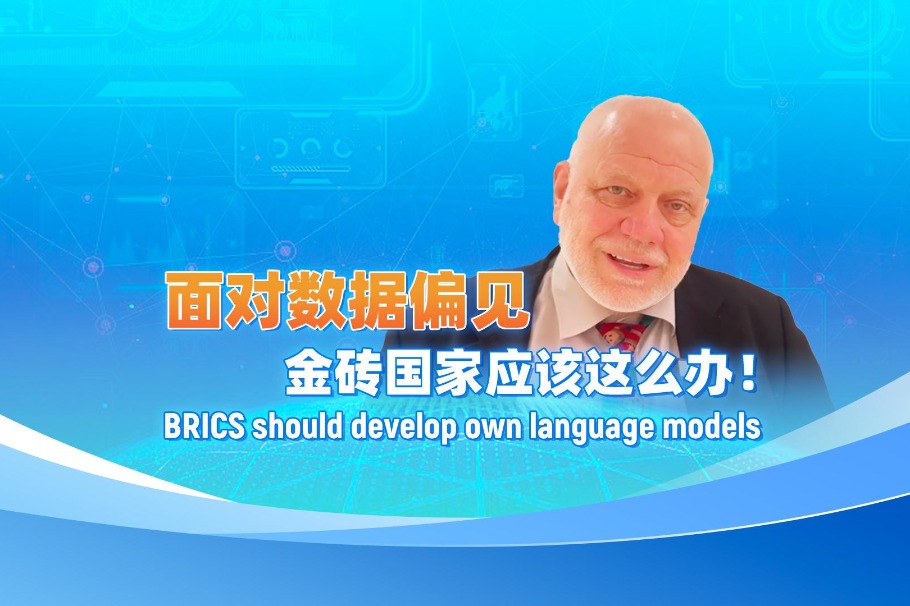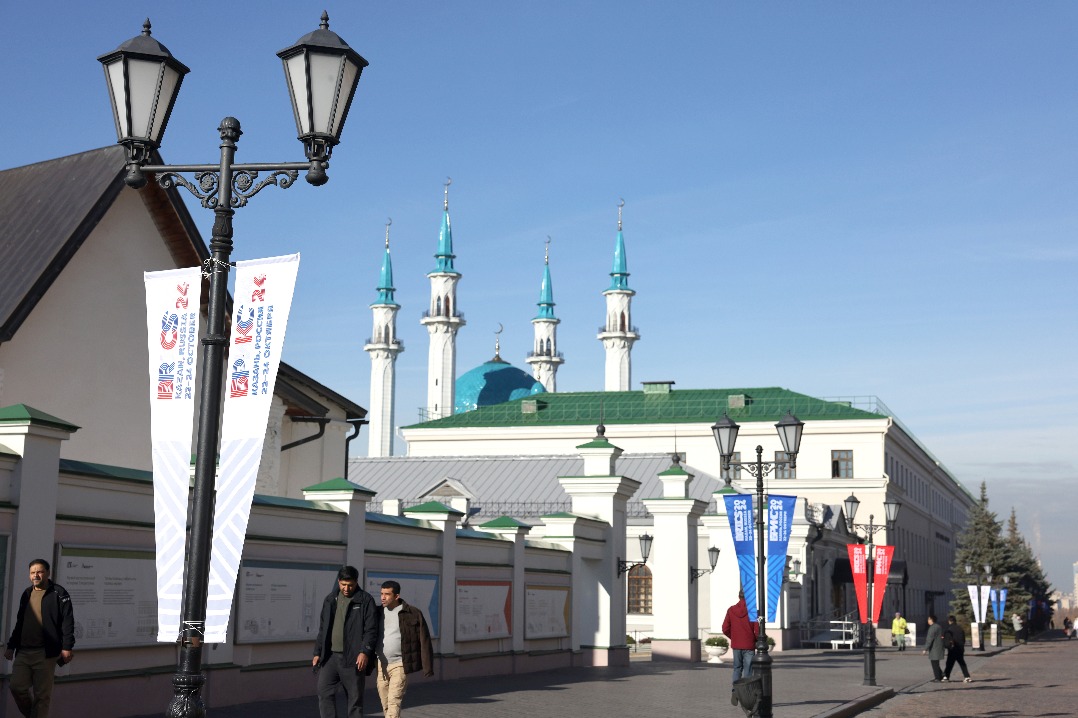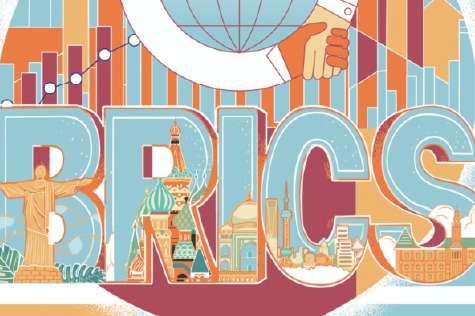In pursuit of communal unity


People flourish when they can combine material and spiritual prosperity with a sense of belonging and esteem, which is one of the secrets of this successful society in the East
We live in a global community where the recurrent use of strategies, which instill fear and uncertainty about the future, are increasingly becoming the main rhetoric of geopolitical projects or movements that tolerate if not coddle fragmentation and polarization.
The decline of the West is the result of its fragile identity, and the excess of its narratives. The West's obsession with the improvement of obsolete institutions becomes the fracture of their systems to adapt to a volatile, uncertain, complex and ambiguous reality.
In contrast, China's rise gravitates in the identity and clarity of the values and social principles. China's cultural confidence lies in its ambition and constant struggle for excellence, in making communal solidarity a way of life, and in its openness and flexibility to learn the best from the experiences of other civilizations.
Cultural trust has led the Chinese people to remain on the path of righteousness, respecting the past without repeating mistakes of the past, and combining a fearless spirit with an exceptional and unwavering willpower that enables them to address new challenges with inexorable historical responsibility. The goal is to achieve a systemic cultural innovation in the social, economic, intellectual and international dimensions, and to learn the best from other civilizations without affecting their own identity.
China has demonstrated its significant commitment to a shared global vision in its initiatives in recent years, with the implementation of the Belt and Road Initiative launched in 2013 to strengthen projects aimed at connectivity between nations, and, later, accompanied with development, security and global civilization initiatives. China seeks to strengthen economic and trade relations with countries around the world, promoting connectivity and cooperation through investments in key sectors, under the leadership of the Communist Party of China.
These efforts help China assume transformative leadership on global issues such as climate change, as it is actively promoting the transition to cleaner energy sources and enhancing international cooperation on environmental matters. These efforts demonstrate China's willingness to actively participate in the international community and promote a cooperative and collaborative approach to address the shared global challenges.
To understand China in the new era is to open oneself to understanding how norms, values and affections are articulated with social dynamics. This vision, far from defining an institutional form in which relations should take place in the global village, seeks to disembody relations of domination and inequality, with a broad capacity to elucidate the unknown and interrogate the obvious.
Many of the developing countries are at a crossroads, between continuing to do things as they have been done before and continuing to be subsumed under hegemonic influences, perpetuating underdevelopment and poverty; or recognizing the rise of China, joining the Chinese dream, and opening the doors to investment, connectivity, innovation and with it the prosperity of our peoples.
The West's inability to lead and coordinate international collective action toward reasonable levels of integration, equality, protection and social security seems to be overcome by the social, economic and technological transformations of peoples; Western conceptions of development are the echo of a colonial past, where different paths and levels of civilizations are subjected to the uniform, rigid model of progress. For this reason, many of their responses are and will continue to be ineffective, counterproductive and obsolete. Therefore, there is the need to build a scientific alternative, a narrative capable of integrating all civilizations to address collective issues for the construction of a community with a shared future for humanity.
We must return to the paths of human dignity, because in it we find the fundamental pillars of peace and faith in humanity. We need to not only base education on tolerance and integration, but also innovate various ways that facilitate connectivity, growth and economic development.
From the experience of the Chinese dream, people flourish when they can combine material and spiritual prosperity with a sense of belonging and esteem, which is one of the secrets of this successful society. It is essential to learn to prioritize the desire for satisfaction. All efforts will be sterile if not done within the framework of a clarity of social values. This is how ideas and values are mixed to reinforce each other, strengthening a shared identity with a goal and a proposal on how to achieve it.
History, exceptionally, is written as it is lived. The rule has been that passions cloud progress and achievements, but the leisurely sedimentation of time ends up doing justice to the facts. Hence, the importance of the weight of responsibility and of taking firm steps one by one, is always on the right side of history. Tolerance and the integration of civilizations require us to recognize the greatness of our times and the urgency that our challenges demonstrate. Let us never forget that the weight of responsibility is the duty of those who wish to take the path to peace gloriously.
The author is director and a PhD in public and business management at the Central American Institute of Public Administration, and a researcher at the Center for Historical Research of Central America at University of Costa Rica. The author contributed this article to China Watch, a think tank powered by China Daily.
The views do not necessarily reflect those of China Daily.
Contact the editor at [email protected].

































